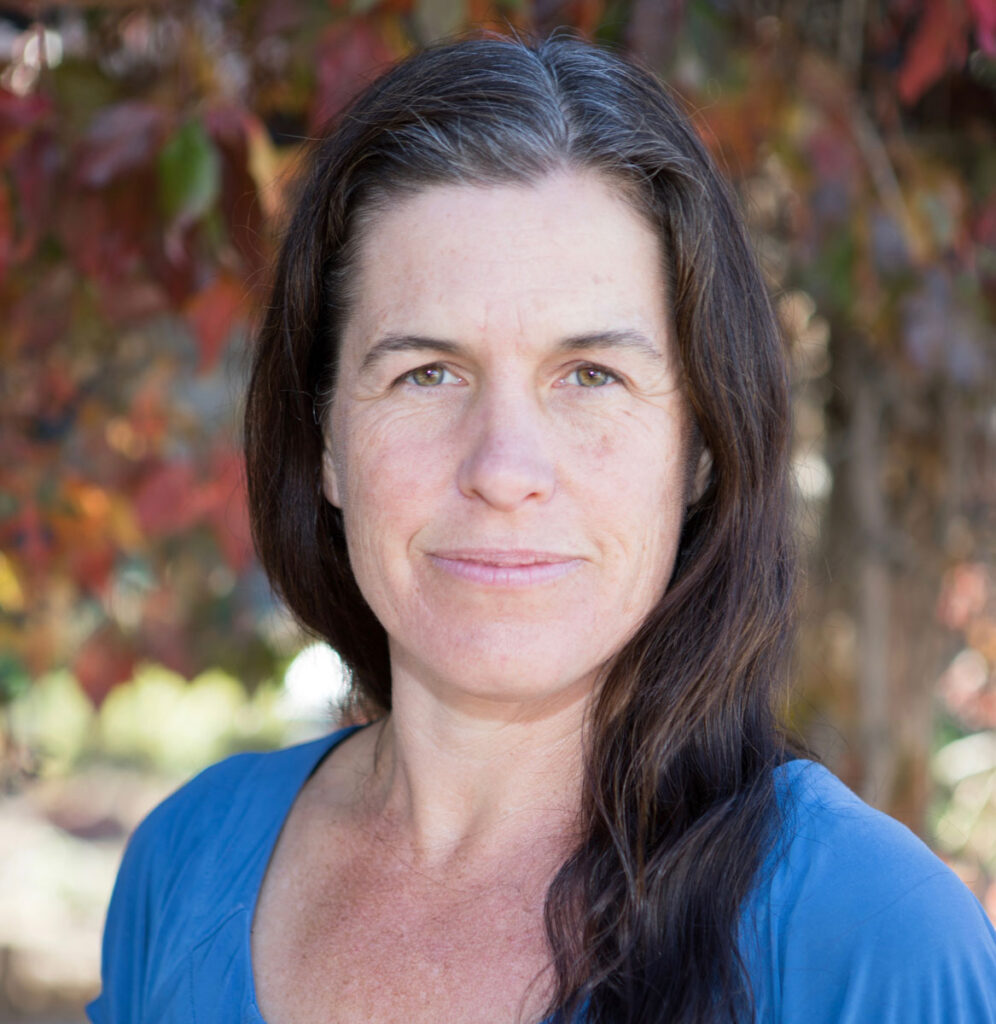By Dr. Stephanie Owens, Ph. D.
Fluorescent lights illuminate the room. The bell rings, a door is opened, and the occupants shuffle out to the next appointed space. The lunchroom… food created by the lowest bidder—you know by the smell. Where are you? Many people, when asked this question, respond, “prison.” No—you are in a public school, where most of our children live at least seven hours a day for 180 days a year.
Students learn by doing.
Teachers learn by teaching.
The world is our classroom.
Imagine Education provides help
to create equitable
and inspiring educational
environments for children.
I have been in hundreds of classrooms, as a graduate student, a teacher, a consultant with a national reform organization, and an independent consultant in Taos. The vast majority of professionals in these schools: teachers, administrators, support staff, are committed and dedicated to the children they serve. Many beautiful classrooms exist, and many teachers take the hard road of designing their own curriculum. And I have left many of the classrooms I have visited with my heart broken for squandered childhoods.
We have inherited a prison-like, factory model education system. And we teach how we were taught—students sitting in rows, in square institutional rooms, passively listening and working through worksheets or textbooks. I stay in my chosen career path because I have hope. Hope in humanity. And, yes, even hope in public education, which I believe has the potential of being the great equalizer.
The path of a teacher and a coach of teachers was never my intention. My passions are neuropsychology: the relationship of biology to the experience of having a mind, how humans learn and develop, and in research design and analysis. As a result of this crooked path, I stumbled onto learning how the human imagination evolved and how it is ultimately the primary way we learn how to be humans living in communities, because we have a biological need to become fully participating members of a culture. We are driven to be a part of it all from birth, whether we witness traditional culture of Taos Pueblo or the work of accounting and business in the western paradigm. Cultural experiences are the stuff of our imaginings.
A large part of my passion, vision, and mission in life is to work to transform classrooms into places of play, from crafting the narrative of history to the work of mathematics and science—curriculum that embeds the principles of deep play so students can learn with their entire beings, not just build limited memory pathways to hold factoids. The hope is to create classrooms that honor cultures, family backgrounds, and individual identities: classrooms in which teachers see their first role as relationship builder, so students feel known and feel that some adult in their world genuinely cares about them and their future, using teaching methods that honor the social and imaginative nature of the human mind. We have many classrooms and teachers who work to transform education. And… Imagine if all children viewed school not as a prison but a place of learning through play. Imagine school as another place of wellness, a place in which children can have a safe place to learn how to play in healthy ways—with ideas, with others, and spontaneously, with an open field of view. Imagine the shift in our human story… and have hope.
The overarching goal of Imagine Education is to transform schools and schooling so they are worthwhile and meaningful for students. I believe the prison metaphor for public school can be replaced by schools that provide relevant and authentic content and learning for students. Educators have a lot of work to do, and should not be passive recipients of a PowerPoint. Imagine Education partners with educators so we can collaborate in the classroom and in professional development sessions to do the actual work to transform classrooms. Just as children deserve real world tasks to learn and grow, so do teachers. Professional learning experiences should provide resources, structures, and systems needed to sustain adult learning and encourage teaching that works for helping children grow—in real classrooms.

Dr. Stephanie Owens, Ph.D. is a Lama resident, Educational Psychologist, and CEO and Lead Consultant for Imagine Education. She earned her doctorate and master’s degree in Experimental Psychology with an emphasis in neuropsychology and cognitive development, at the University of Northern Colorado. Stephanie has over 25 years of experience teaching in public K-12 schools and college/university settings. She has worked as an educational consultant at the national, southwestern, and New Mexico state level, as well as with many of the Native Nations in New Mexico. To learn more about Imagine Education’s programs, including Teacher Professional Development, Curriculum Writing, Instructional Leadership and other educational services explore https://www.imagineeducation.org or contact (575) 779-9778; imagine.education.inc@gmail.com.



